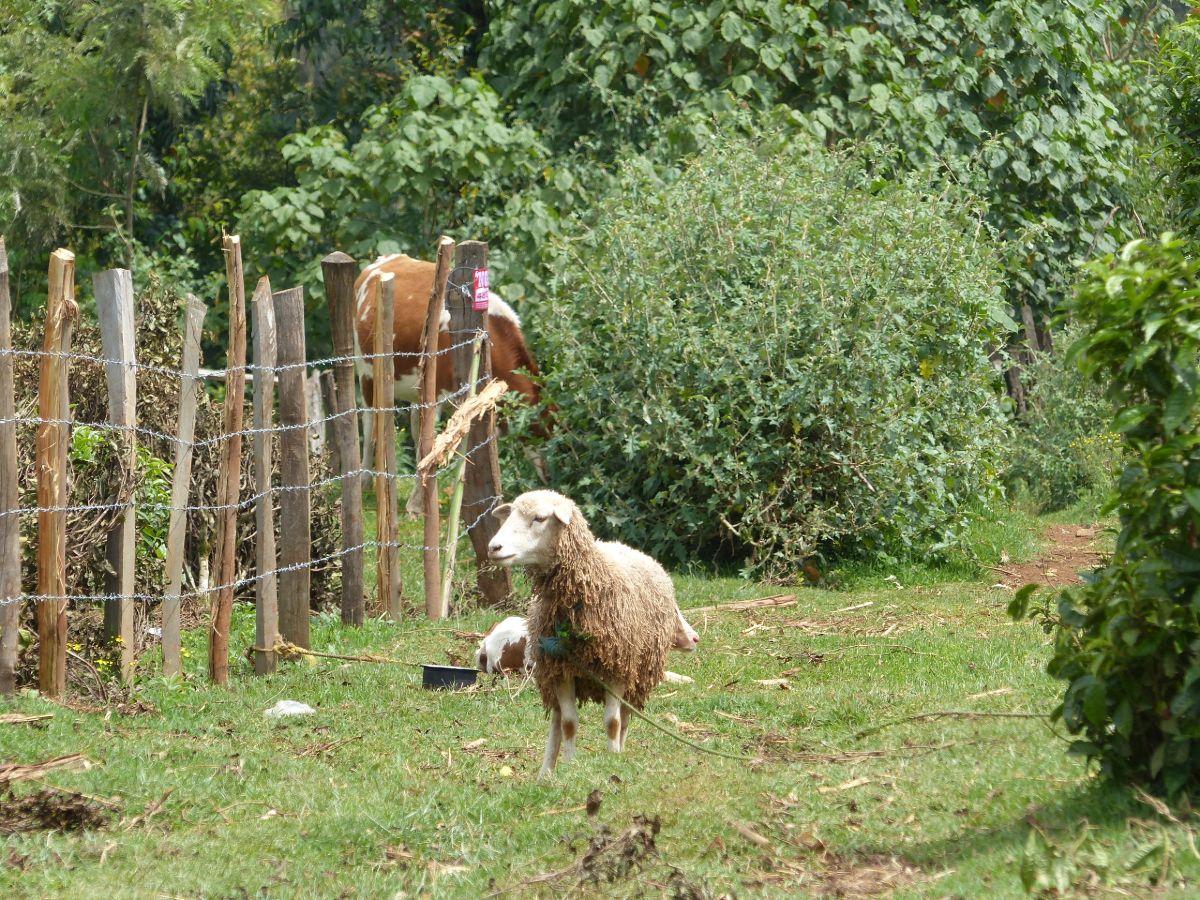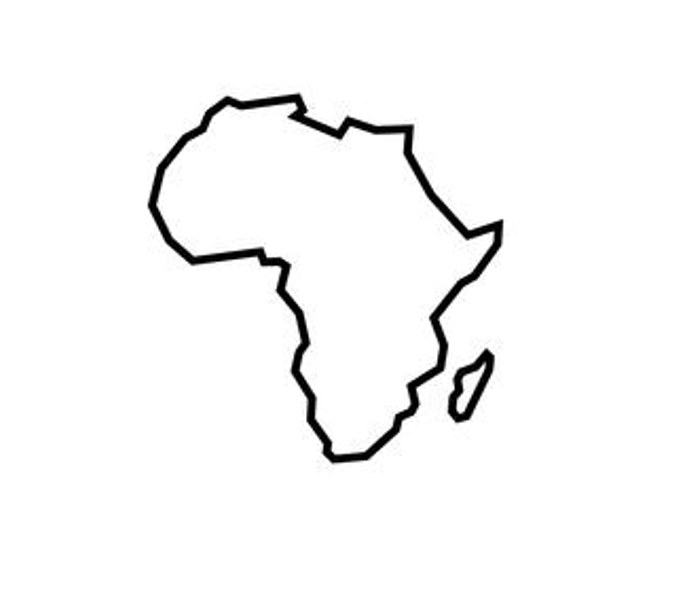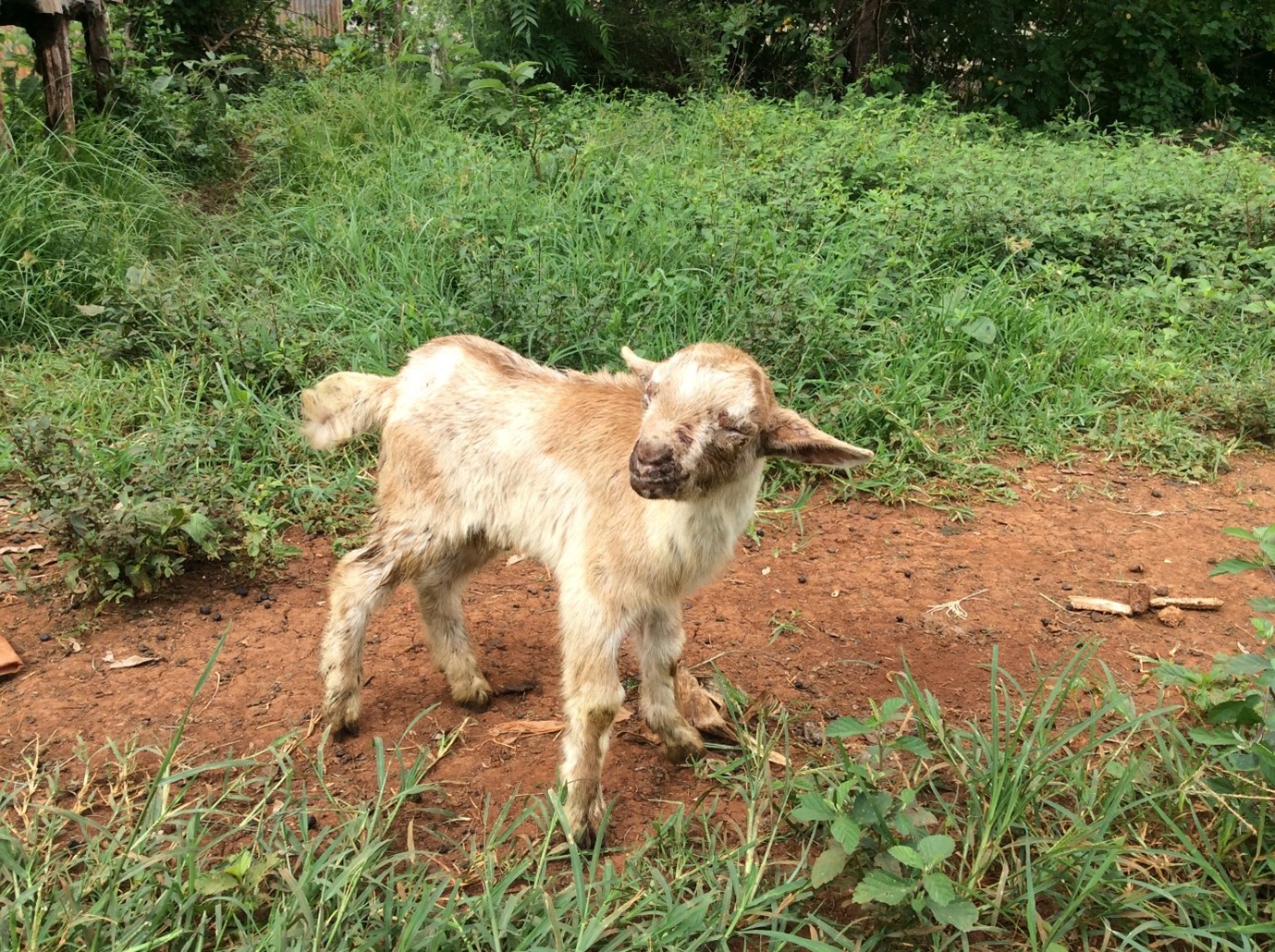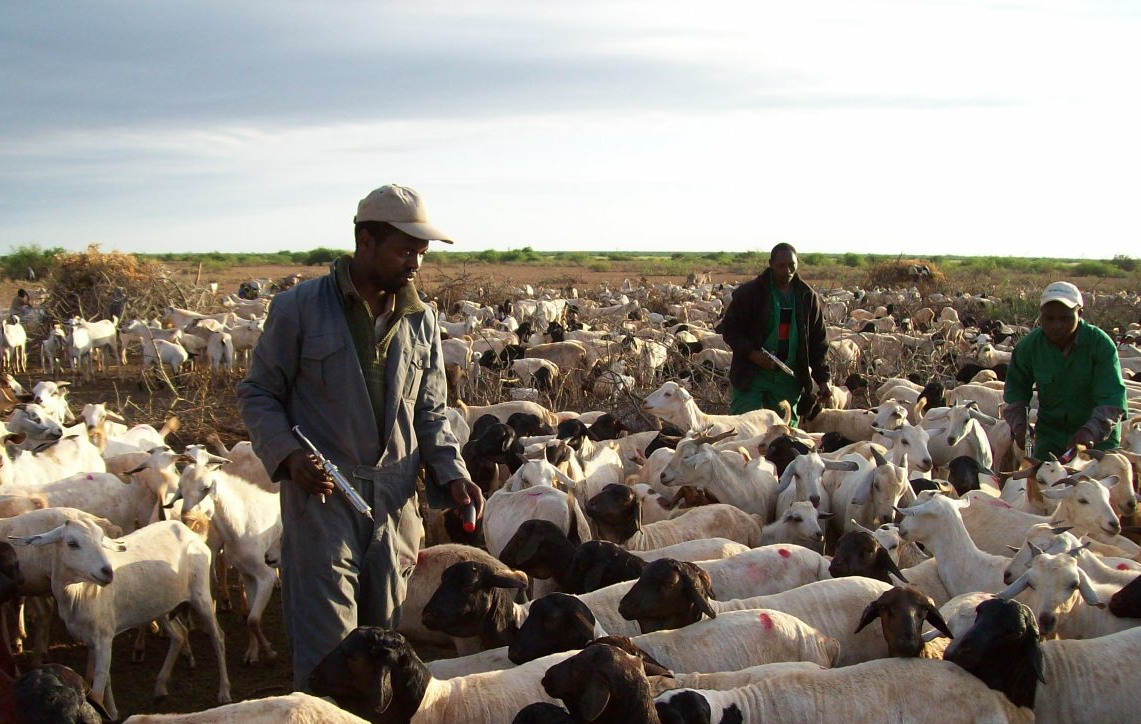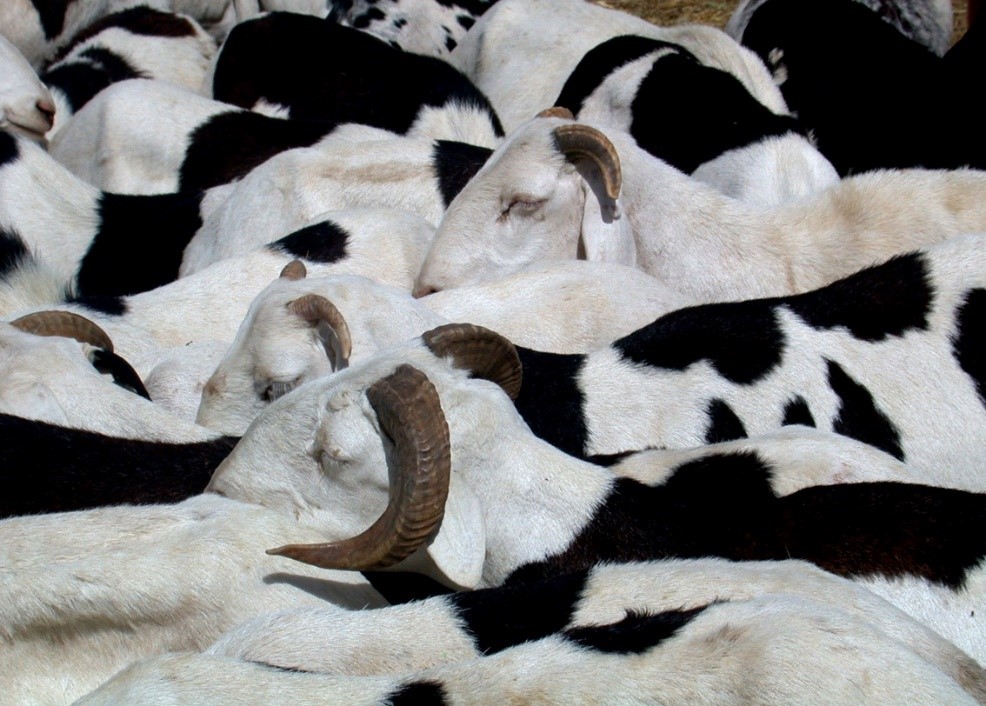
The project component one has two foci, one being support to activities geared towards the control and eradication of Peste des Petits Ruminants (PPR).
The partner countries are supported to implement the PPR Global Eradication Program (PPR GEP) that operationalises the PPR Global Control and Eradication strategy (PPR GCES) which was approved in April 2015 by the FAO and WOAH at an International Conference held in Abidjan, Côte d’Ivoire, under the umbrella of the Global Framework for the progressive control of Transboundary Animal Diseases (GF-TADs)
The project is implemented in 4 countries, Ethiopia, Kenya and Rwanda from Eastern Africa, and Zambia in Southern Africa.
Partner Countries analyse their PPR situation and their capacities to control PPR in the context of the PPR GCES and PPR GEP
A phased of feasibility studies was carried out in potential project countries in East and Southern Africa where the initial phase of the assessment focused on a comprehensive analysis of the Peste des petits ruminants disease situation in these countries. The subsequent phase of feasibility study entailed a desk review of countries’ legal and regulatory frameworks relating to veterinary paraprofessionals training, their prerogatives, and qualifications; and was supplemented with countries’ visit to ascertain the information gathered. From this final phase of feasibility study, a subset of countries (Ethiopia, Kenya, Rwanda and Zambia) were finally selected for the project further in-country activities. However, the countries that were not selected are participating in the transversal project activities.
Vaccination remains the key control strategy for PPR and vaccination campaigns in affected areas are the fundamental tool to prevent PPR virus transmission in most contexts. Therefore, partner countries are supported to implementation best-practice, epidemiologically informed and targeted vaccination of small ruminants in ‘hotspot areas’ with the aim of reaching a post vaccination immunity level of 70% to break the virus transmission cycle. To this end, the project facilitates the procurement and delivery vaccination equipment and high-quality PPR vaccines through the OIE Vaccine Bank to support the vaccination campaigns.
Picture © Kid showing clinical signs of Peste des petits ruminants (oie)
Sero-surveillance prior vaccination and sero-monitoring post vaccination are carried out to ascertain vaccination sero-conversion. The project also support status recognition missions depending on the applications received where analysis show great progress in PPR control and a partner country decide to apply for the official recognition of their PPR-free status or the endorsement of their PPR national official control programme by WOAH.
Picture ©PPR vaccination in Marsabit County in Kenya in (2008)
